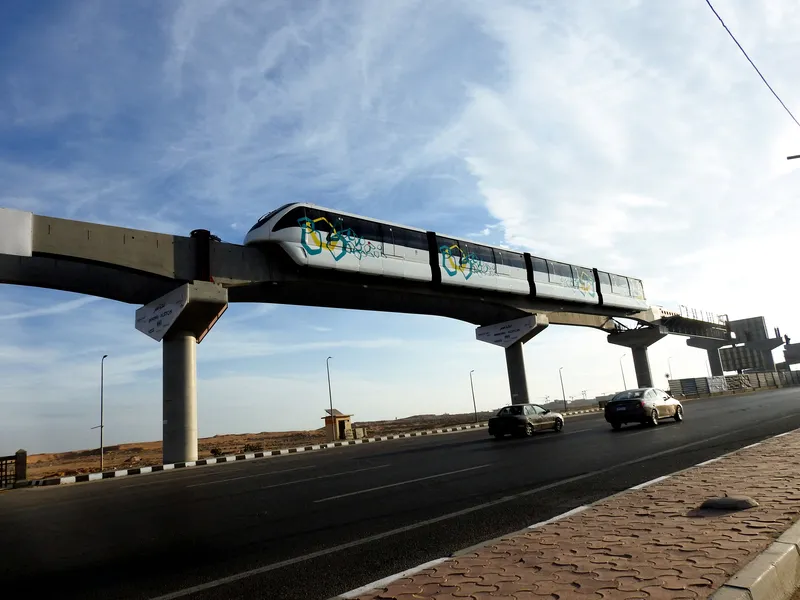Dubai’s Road and Transport Authority (RTA) is to launch a contactless fare payment system on the city’s metro, public buses and water bus. Passengers will be able to pay by smart mobile phones using Near Field Communication (NFC) technology. The RTA says that contactless technology, where the mobile phone is passed over sensors mounted on the access gates to public transport stations, is the first of its kind in the Middle East.
October 19, 2012
Read time: 1 min
The RTA says that contactless technology, where the mobile phone is passed over sensors mounted on the access gates to public transport stations, is the first of its kind in the Middle East.
H.E. Matar Al Tayer, chairman of the board and executive director of the RTA, says “The new service enables public transport users to pay their fares through the e-payment portal, top-up their Nol accounts electronically, and query balances via phone. The RTA has coordinated a trial run of the service with telecommunication providers Etisalat and Du to assess the performance of the service before its official launch in mid 2013.”









